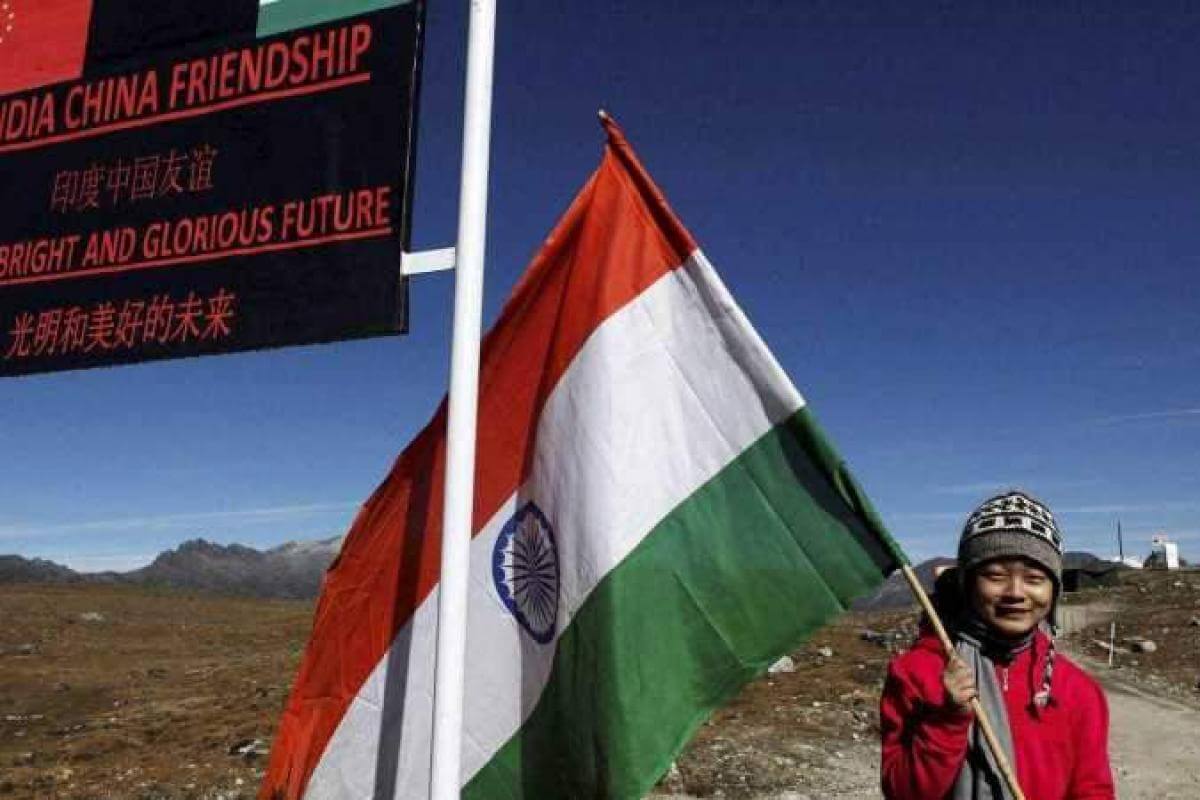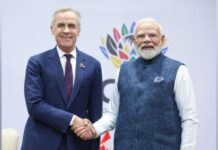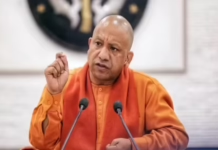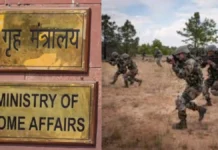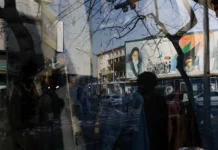NEW DELHI: As India and China have enhanced the diplomatic and military engagement to resolve the tension at Line of Actual Control (LAC) in Ladakh, a different kind of perception war in the digital landscape has started between the social media users of the two countries.
Armed with just a phone and Internet connection, these users hiding behind curtains of anonymity in both countries engaged in verbal duel after unverified, undated videos and pictures of Indian and Chinese soldiers soaked in blood and brutally attacking each other surfaced.
How and from where these videos and pictures made their way to this domain is a matter of speculation but this perception war has seriously undermined the talks to resolve the issue.
Anonymous users from China are also using the opportunity to spin hidden agenda online as it diverts world’s attention from Bejing’s responsibility in spreading the Covid-19 pandemic.
Among these unauthenticated videos, a clip went viral on social media showing an injured Chinese soldier on the ground as Indian troopers chasing away the China’s People’s Liberation Army men who have abandoned their High Mobility Multipurpose Wheeled Vehicle (Humvee). This video appeared on social media through unverified YouTube account of a Chinese national and went viral after it was circulated by Indian social media users.
Again an unverified and undated picture showing five Indian soldiers being tied up and left on the ground in pool of blood and Chinese soldiers standing next to them started another round of social media war. The picture surfaced on social media through a Chinese national unverified Twitter account and then was circulated mostly by Chinese social media users abusing Indian soldiers.
Thereafter entire Sunday went in a narrative war as political and diplomatic cahnnels on either side remained silent on the video and pictures.
From the picture and the video it appears that China had well planned for this level of violence as one could see them driving Humvee on metal roads. It is also clear that China have developed huge infrastructure at LAC and deployed thousands of their men.
Who will benefit from the perception war is still a matter of debate. But it is ample clear that people of both the countries are baying for blood.
Indian Army response
It was finally the Indian Army who on Sunday reacted to the purported video of clash between Indian and Chinese troops saying its contents were not authenticated.
The Indian Army statement said: “The contents of video being circulated are not authenticated.” It also pointed that attempt to link it with the face-off on the Northern borders is a “malafide” attempt.
A senior Indian Army officer said currently there is no action happening. “Differences are being addressed through interaction between military commanders, guided by established protocols on management of borders between the two countries,” the Indian Army said.
It condemned these attempts to sensationalise issues impacting national security.
China’s assertion
Chinese state-run media outlet Global Times on Sunday talked about the Chinese military arsenal expansion since the Doklam standoff with India in 2017. “The Chinese military has expanded its arsenal with weapons like the Type 15 tank, Z-20 helicopter and GJ-2 drone that should give China the advantage in high-altitude conflicts should they arise..,” Global Times reports.
The media outlet further stated that “these specially designed weapons have boosted the Chinese military’s combat capabilities in high-altitude regions, enabling it to better safeguard national sovereignty and territorial integrity”.
Ground situation
Tense situation continues to prevail in Eastern Ladakh region. There has been a troop build up on both sides and there are three to four places where there is an eye ball to eye ball situation since May 5. At the Line of Actual Control, both sides have deployed over 1,000 troops in all four places.
Indian Army is keeping close watch in the Pangong Tso sector of Eastern Ladakh and the Galwan Valley region where the Chinese have enhanced deployment.
Other than Pangong Tso that is extremely sensitive, the other places that are volatile in wake of the recent escalation are Trig Heights, Demchok and Chumar in Ladakh which forms western sector of the India-China frontier.
Bilateral engagements
On Saturday, Indian Defence Minister Rajnath Singh asserted that the government will not allow India’s pride to be hurt under any circumstances. He made assertion even when he said bilateral talks were on at military and diplomatic levels to resolve the row.
On US President Donald Trump’s offer of mediation to end the face-off, the defence minister said he has conveyed to US Defence Secretary Mark T. Esper on Friday that India and China have existing mechanisms to resolve “problems” through talks at diplomatic and military levels.
The Chinese Ministry of Foreign Affairs said the two countries are capable of resolving border issues through dialogue and negotiations.

